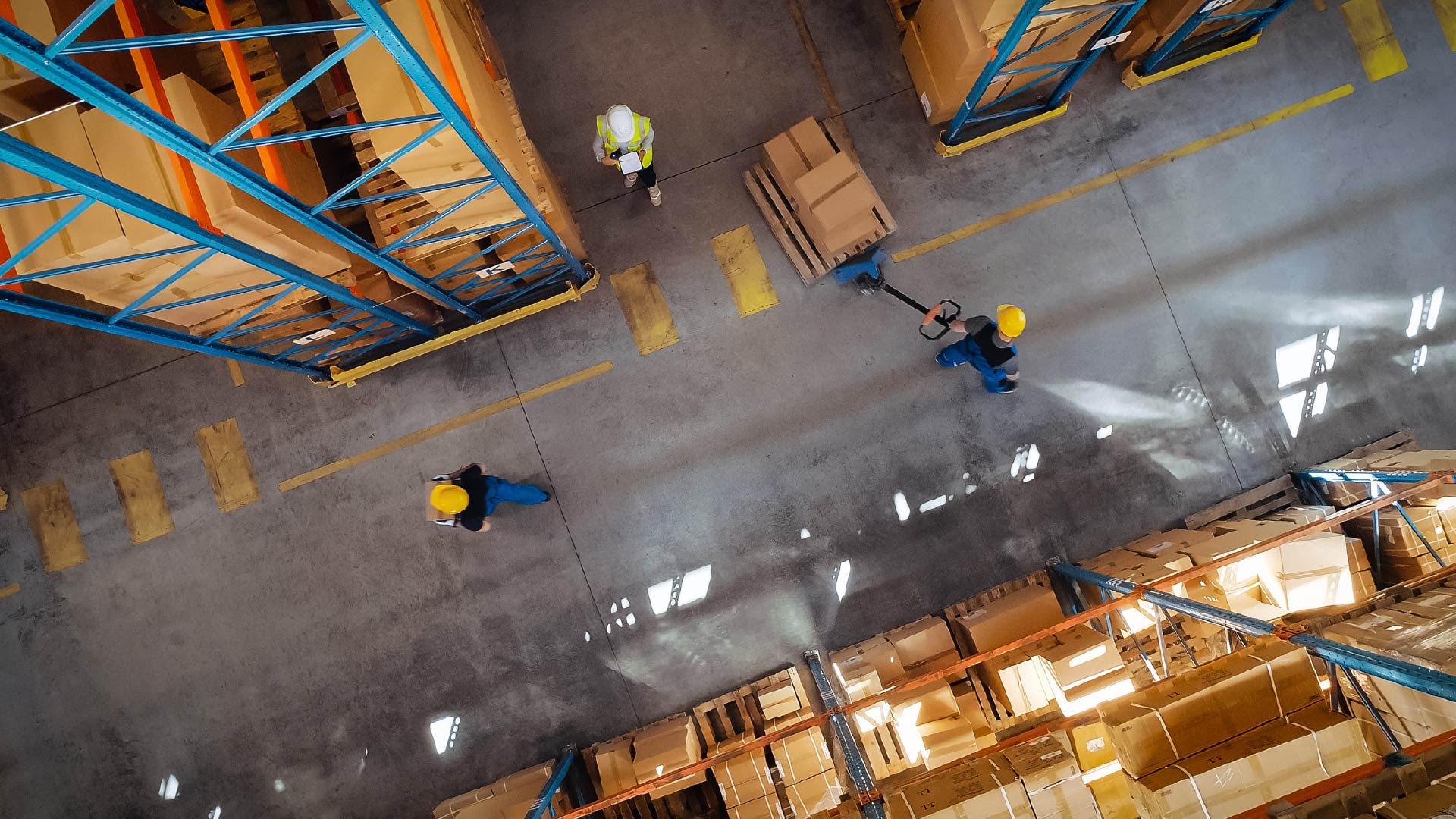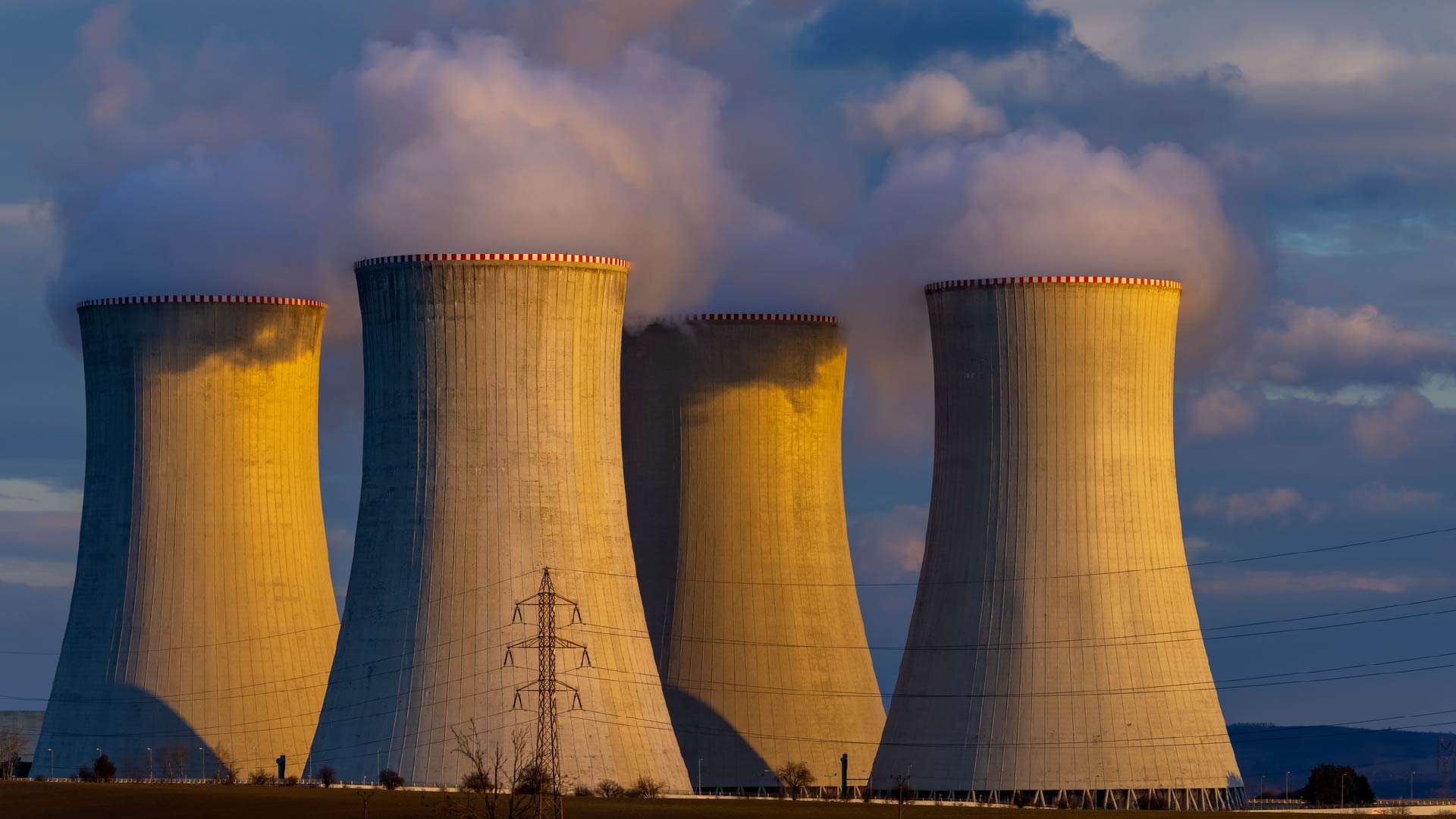EU Competitiveness Report Signals Strong Investment In Clean Tech
On September 9th, the EU Commission released Mario Draghi’s highly anticipated report on EU competitiveness, aimed at advising the EU leadership on future public policies. This report offers an invaluable insight into which policies – or at least which areas – might be the focus of the future Clean Industrial Deal, expected to be presented in the first 100 days of the new Commission. Following the election of the new EU parliament in July, we can expect the new Commission to receive its mandate in November.
So, what does the report state?
According to former President of the European Central Bank and former Italian Prime Minister Mario Draghi, the EU will need to focus the years to come on sustainable competitiveness, economic security, open strategic autonomy and fair competition. More concretely, the EU needs to invest. A lot. Draghi recommends an annual investment plan of €750-800 billion ($834-$890 billion) – more than 4% of EU’s GDP.
Central to Draghi’s argument is energy prices. Sky-high energy costs have disproportionately hit the EU’s energy intensive industries – and might handicap the latest: AI. The report argues that hoping to reduce energy costs by relying on digital technologies, which are famously energy intensive to operate, will not be a viable strategy. Therefore, to train and operate advanced AI capabilities, the EU needs to understand how to fuel a high-tech decarbonization strategy, while lowering its energy costs.
Not everything is lost; data from the Director General of Research and Innovation show that the EU can build a strong comparative advantage in digital technologies, particularly climate tech. More than 20% of Europe’s gross final energy consumption originates from renewable energies, and 60% of the global high-value patents for low-carbon fuels are in Europe, illustrating a certain know-how. Investing in clean tech offers an excellent opportunity for the EU to capitalize on its first-mover advantage and build a strong comparative advantage.
Understanding that the EU Commission is actively looking at climate tech, and proactively trying to address challenges to support its growth, is a strong signal to the market. A thorough and honest conversation about the challenges the sector faces in Europe should be welcomed by industrial buyers and tech vendors. The message to the market is clear: the Clean Industrial Deal will affect clean tech, and the first hints point towards additional investments. This is reflected in as-yet unpublished findings from our upcoming 2024 Verdantix operational excellence survey, in which 62% of the 304 respondents in maintenance, operations and engineering roles stated plans for double- or single-digit investment increases in the decarbonization of their plant operations over the next 12 months.
About The Author

Lucas Sala
Consultant





